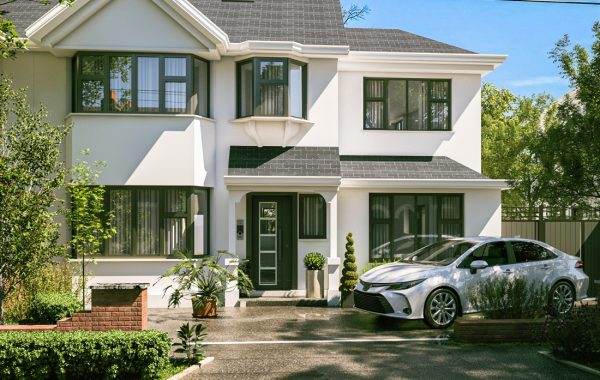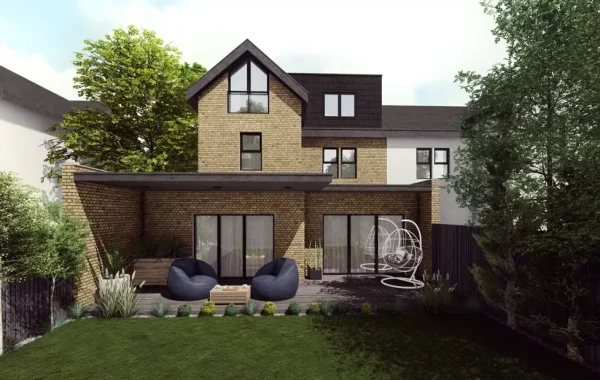With the Decent Homes Standard (DHS) incorporated into the Renters (Reform) Bill, this initiative strives to raise living conditions across the private rental sector, providing tenants with better homes while encouraging landlords to elevate their properties. Although the House of Commons approved the bill in April 2024, it is now awaiting Royal Assent, bringing both hope and obligations to tenants and landlords alike.
What Is the Decent Homes Standard?
Introduced in 2001, DHS initially aimed to ensure high-quality standards in social housing. In May 2023, the standard expanded under the Renters (Reform) Bill, reaching the private rental sector for the first time.
Today, 79% of rented properties meet the DHS criteria, but 21% remain non-decent, with 12% carrying Category 1 hazards—serious health and safety risks such as fire hazards, fall risks, and carbon monoxide exposure. Landlords are encouraged to act on these mandates to continue reducing sub-standard housing.
What Defines a “Decent Home”?
The Department of Levelling Up, Housing & Communities outlines a decent house as one free from hazards like:
- Health and Safety Risks: Falls, fires, carbon monoxide poisoning.
- Dampness & Excess Cold: Proper ventilation and temperature controls.
- Sanitation Issues: Cracks in drainage systems, poor food safety standards.
- Noise and Intrusion: Insufficient noise insulation or security from intruders.
The Housing Health and Safety Rating Systems (HHSRS) further detail 29 categories of hazards that landlords must address to meet these standards.
Why DHS Matters for Tenants and Landlords
While DHS benefits tenants by safeguarding living conditions, landlords also stand to gain:
- Improved Property Value: A well-maintained rental property appeals to tenants and increases long-term profitability.
- Market Appeal: Compliance with DHS standards enhances a property’s competitive advantage in the rental market.
- Simplified Regulations: Clear guidelines for maintaining safe and clean properties.
Additional Reforms Enhancing Rental Standards
The Renters (Reform) Bill includes several additional measures:
- Section 21 Evictions Abolished:
- Tenants gain security with protections against “no-fault” evictions.
- Mandatory Ombudsman:
- A government-authorized mediator resolves disputes between landlords and tenants without court involvement.
- Rent Advance and Annual Increase Limits:
- Rent can only increase once annually, and landlords must repay unused advance payments if tenancy ends prematurely.
- Property Portal:
- A centralized database with compliance details benefits both tenants and landlords.
Studio20 Architects Can Help
Navigating rental property updates and regulations can be complex, but Studio20 Architects specializes in guiding landlords and tenants through planning and compliance challenges. With our expertise in property enhancement and government mandates, we help create spaces that meet and exceed DHS requirements.
Contact us today to learn more about how the Renters (Reform) Bill and Decent Homes Standard can shape your property and rental experience.
Contact Studio20 Architects for Expert Advice





